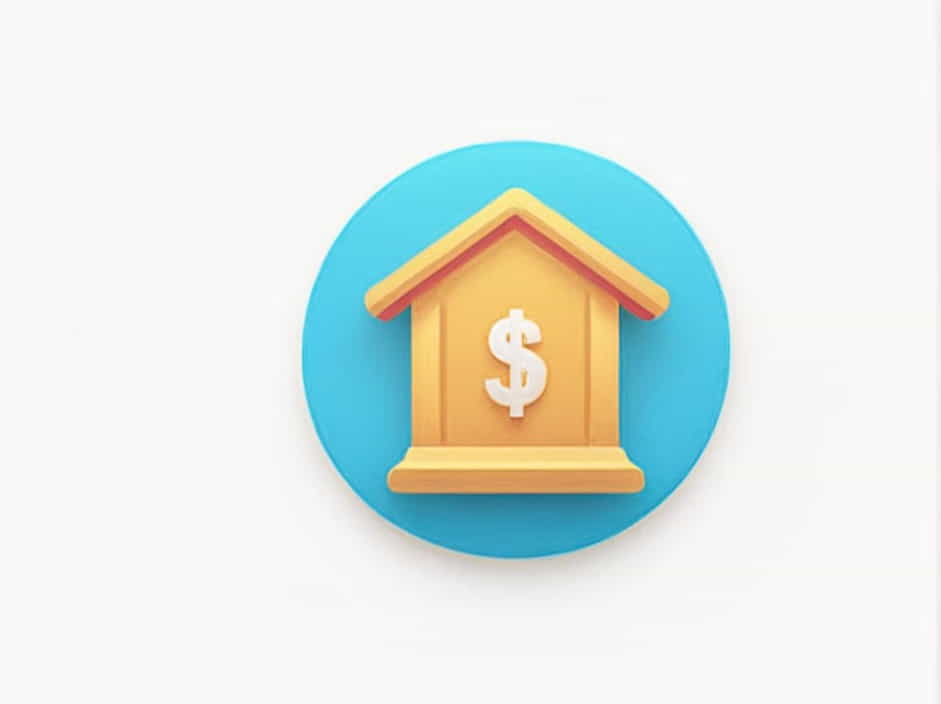When applying for a mortgage, lenders require an appraisal to determine the property’s fair market value. This step ensures that the home is worth the loan amount, protecting both the borrower and the lender. However, a common question among homebuyers is: Who pays for the lender-required appraisal?
Understanding the Lender-Required Appraisal
A lender-required appraisal is an independent property valuation conducted by a licensed appraiser. Lenders use this assessment to confirm that the home’s value aligns with the mortgage amount.
Why Do Lenders Require an Appraisal?
Lenders need appraisals to minimize financial risk. If a borrower defaults on their mortgage, the lender must recover their losses by selling the property. An appraisal ensures that the loan does not exceed the home’s actual market value.
Factors That Affect Home Appraisal Costs
Several factors influence the cost of an appraisal, including:
- Property Size and Location: Larger homes and properties in rural areas may have higher appraisal fees.
- Market Conditions: In a competitive housing market, appraisals may cost more due to high demand.
- Complexity of the Appraisal: Unique properties, multi-unit homes, or those requiring specialized evaluations tend to have higher costs.
Who Customarily Pays for the Appraisal?
The Buyer Usually Pays the Appraisal Fee
In most real estate transactions, the buyer pays for the lender-required appraisal. This cost is typically due at the time of service or included in the closing costs.
Why Does the Buyer Cover the Appraisal Fee?
- Lender Requirement: Since the appraisal protects the lender’s interests, they mandate it as part of the loan process.
- Loan Approval: Buyers need an appraisal to proceed with financing, making it their responsibility to ensure the report is completed.
- Out-of-Pocket Costs: The appraisal is often a non-refundable fee, meaning buyers must pay for it whether or not they close on the home.
Can the Seller Pay for the Appraisal?
While uncommon, some sellers may offer to cover the appraisal fee as part of seller concessions to attract buyers. In a buyer’s market, where sellers compete for offers, they may agree to cover some closing costs, including the appraisal fee.
Can the Lender Pay for the Appraisal?
Lenders typically do not pay for appraisals because they need an unbiased third-party valuation. However, some mortgage programs offer no-cost appraisals, meaning the lender covers the cost and recoups it through other fees.
How Much Does an Appraisal Cost?
The average cost of a home appraisal ranges between $300 and $600, but prices can vary based on location, property type, and complexity.
Additional Costs to Consider
- Rush Fees: If an appraisal is needed quickly, an additional fee may apply.
- Re-Appraisal Costs: If the initial appraisal is disputed, a second appraisal may be required, adding to the expense.
Can Buyers Shop for Appraisal Services?
Homebuyers cannot directly choose their appraiser, as lenders work with third-party appraisal management companies (AMCs) to ensure fairness. However, buyers can compare lenders who may have different appraisal fee structures.
How to Reduce Appraisal Costs
- Work with Multiple Lenders: Compare mortgage lenders to find those with lower appraisal fees.
- Negotiate with the Seller: Ask the seller to contribute to the appraisal fee as part of the home purchase agreement.
- Choose the Right Loan Program: Some mortgage programs may include appraisal costs in closing fees.
In most cases, homebuyers pay for the lender-required appraisal, as it is a key step in securing a mortgage. While sellers may agree to cover this fee in specific situations, buyers should be prepared to handle this cost as part of their home-buying expenses. Understanding how appraisal fees work can help borrowers budget effectively and explore options to minimize costs.
